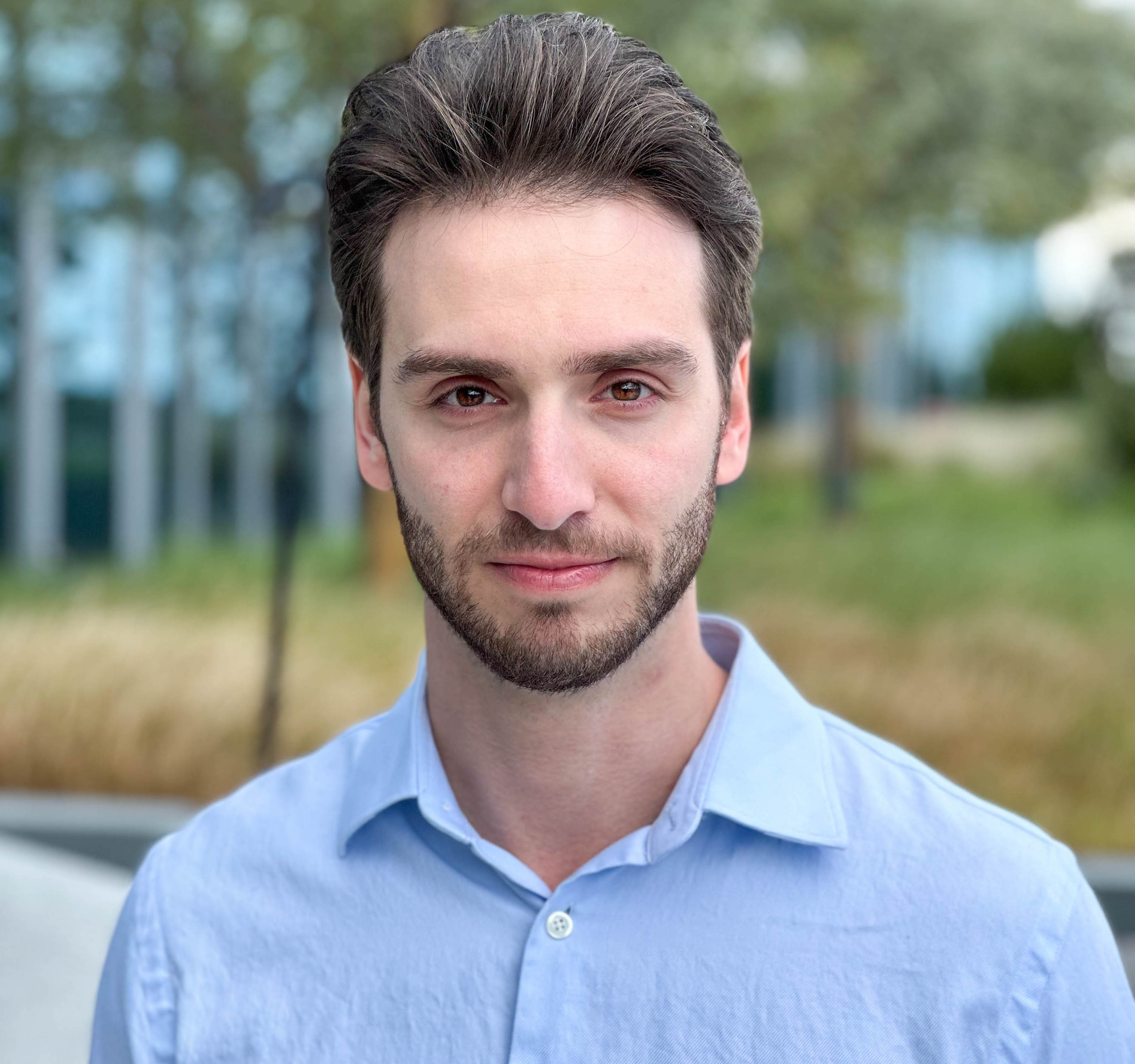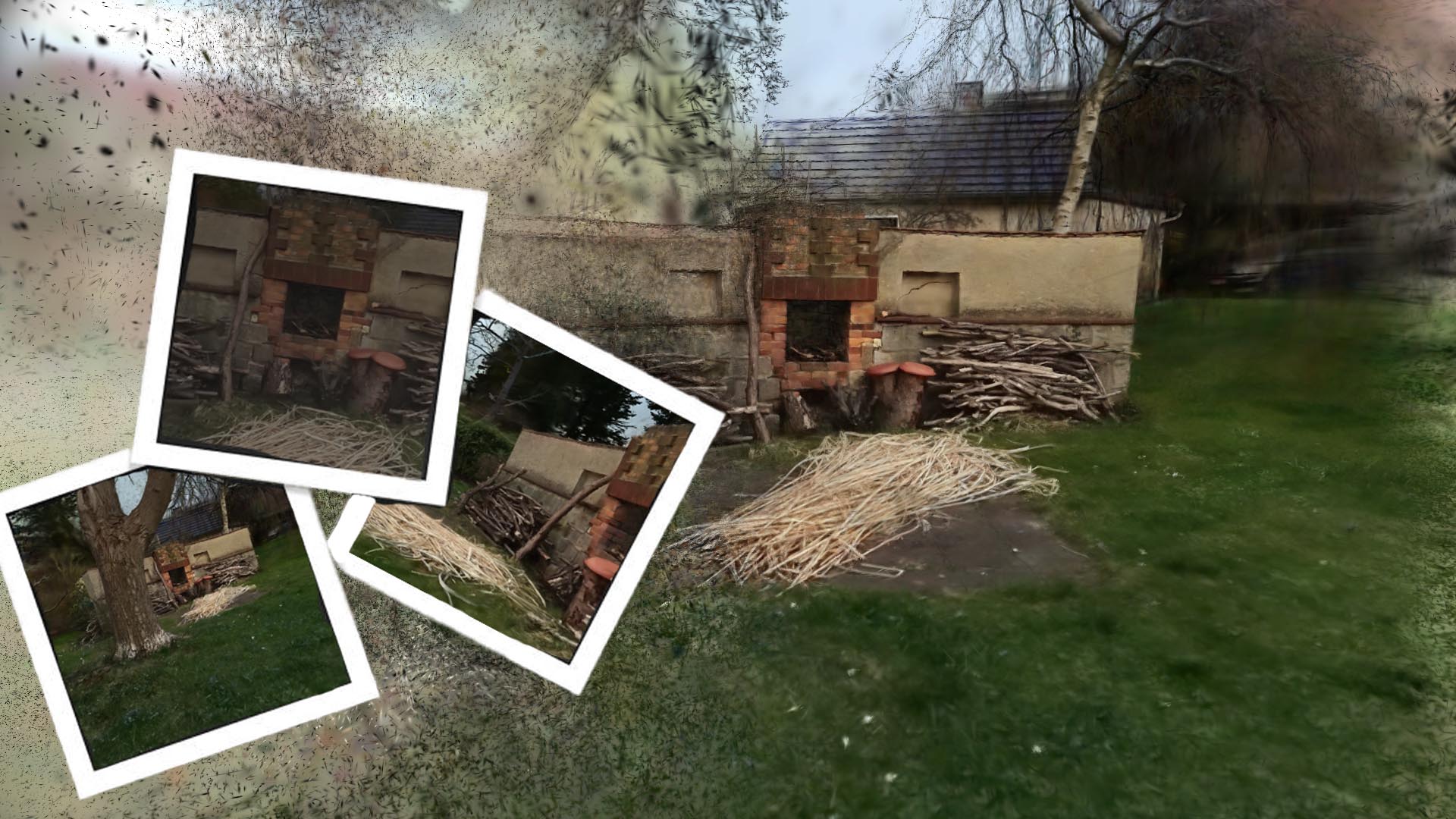
Michael Rubloff
Nov 20, 2025
Today Meta officially announced a major expansion to Hyperscape Capture (Beta), the Quest app it unveiled at this year's Connect that lets anyone create lifelike 3D replicas of real spaces using only a Quest 3 or 3S. The new update introduces the feature people have been waiting for: the ability to share a captured world with others and explore it together through Meta Horizon.
It marks the first time Meta users can step inside a radiance field environment they created themselves and invite friends or family to join. Beginning this week, Meta is rolling out support for social visits inside Hyperscape worlds. Once a capture is processed, creators can now generate an invite link and send it through Messenger, WhatsApp, Instagram, or any messaging app. Up to eight people ages 18+ can enter the same digital space simultaneously, either through a Quest 3 / 3S headset or the Meta Horizon app on iOS or Android.
Anyone with the link can enter, but the owner can revoke access at any time. Meta says the rollout is gradual, and some users may not see sharing options immediately. Previously captured worlds inside the Hyperscape Preview app will remain private until sharing support reaches those accounts.
Meta is also using the update to shift more of Hyperscape’s rendering pipeline onto the device itself through the Meta Horizon Engine, reducing latency and enabling the kind of movement and travel systems users expect from Horizon. Audio has been added as well, bringing spatial presence into environments that were previously silent reconstructions.
With Thanksgiving approaching, Meta is already leaning into the idea of families capturing their homes and inviting distant relatives to join them virtually around the table. Hyperscape Capture remains one of the highest profile deployments of Gaussian Splatting for consumer VR, translating a scan made on a standalone headset into a view dependent, radiance field representation that users can revisit later.
To help new creators get started, Meta is featuring a set of showcase examples, ranging from Gordon Ramsay’s kitchen to Chance the Rapper’s studio, Happy Kelli’s Crocs room, and UFC Apex in Las Vegas, all explorable solo or socially through the new link system.
Hyperscape’s continued expansion suggests Meta is betting on a blend of fantastical VR worlds and lifelike replicas of real environments. The company is also pointing creators toward its Discord community, where best practices, tips, and exemplary captures are being shared. More tutorials are on the way as Meta pushes Hyperscape toward wider adoption.
With social sharing now live and on-device rendering tightening the feedback loop, Meta’s radiance field pipeline continues to move closer to mainstream use. What began as a preview of hyper real VR scenes is quickly becoming a system for capturing, and sharing, the spaces that matter most.
- TRENDINGLoading...
- TRENDINGLoading...
- TRENDINGLoading...







